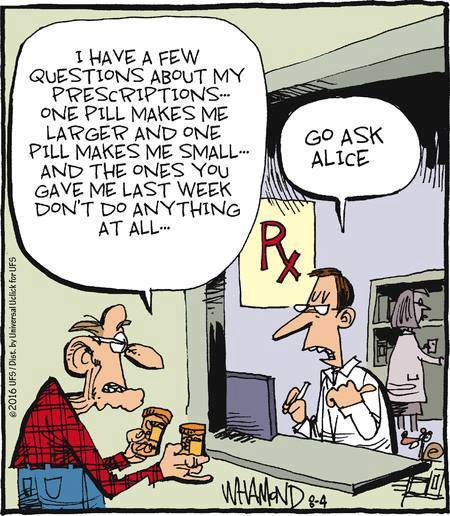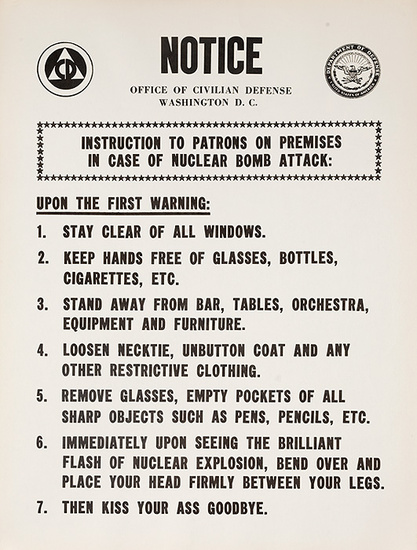|
Jeff Chivers
Delayed Medicare enrollment if covered by employer insurance after age 65
I’ve been contacted by quite a few of our classmates with respect to this issue, and thought it may be helpful to touch on some points on the forum.
First, a brief refresher.
If, when you turn 65 you or your spouse are still working and you are covered under employer group insurance, you are generally not required to enroll in Medicare until you come off that coverage. The key word here is “working”. It's important to know that COBRA and retiree insurance are NOT considered “current employer” insurance, and you are required to enroll in Medicare within eight months after you (or your spouse) stop working, even if you are still covered.
If after turning 65 you continue under current employer coverage and your company has 20 or more employees, you should speak to your company’s benefits coordinator to see if they prefer that you enroll in Medicare Part A only, which in most cases should not cost you anything. In many instances they will want you do so, that your employer coverage (whose coverage is “primary”) and Medicare can coordinate benefits for hospital expenses should you need that benefit. In this scenario, DO NOT enroll in Part B, Not only is this unnesessary, but it will cost you a minimum of $134/month plus start the clock ticking for your 6-month Medicare Supplement Open Enrollment "Guaranteed Issue" window, which you don't want to occur until you retire and come off your group coverage.
If you work for a company with less than 20 employees, your employer may request, while still under their group coverage, that you enroll in Medicare Parts A & B, as in that case Medicare’s coverage will be “primary” relieving a majority of the burden of any medical expense from your small group plan.
There is one exception to the above of which you should be aware. If your group health coverage is a “high deductible” plan that includes a health savings account (HSA), you should NOT enroll in either Medicare Part A or B, as it is illegal to be enrolled in Medicare and simultaneously be contributing to a HSA.
OK . . . So you’ve finally come to your senses, have had it with this “work” thing, and are ready to retire. Now what do I do??
The first thing you should do is again meet with your HR benefits coordinator and determine the date you will be coming off employer coverage (usually the last day of the month wherein you were working). Technically, you have eight months from that termination of employer coverage date to enroll in Medicare (specifically Medicare Part B) without incurring a penalty. That’s the maximum. But do you really want to be without coverage that long? Probably not.
Once your coverage end-date has been determined, you should immediately contact Social Security (by phone or stopping in at a local Social Security office) and inform them of your retirement and loss of employer coverage and desire to enroll in Medicare. Among other things, they will ask you to provide proof of loss of coverage to verify your exemption from the penalty in your delaying enrollment in Part B beyond your 65th birthday – usually a letter from your group insurer specifying your beginning and end date of coverage will be sufficient for you to qualify for this “Loss of Employer Coverage” special enrollment period (SEP) without penalty. That being accomplished, your Medicare coverage should kick-in the first day of the month following the termination of your group coverage – pretty slick!!
All you need do now is contact a Medicare coverage specialist (ME??) and explore your coverage options to be sure you get those best suited to your individual situation – one size, indeed, does not fit all (as outlined in my previous posts).
Seriously, I’ll be happy to help or just answer questions at the time of your retirement or any point along the way – just give me a call or shoot me a text or email.
Jeff Chivers 801-712-8448 jfchivers@hotmail.com
|





















